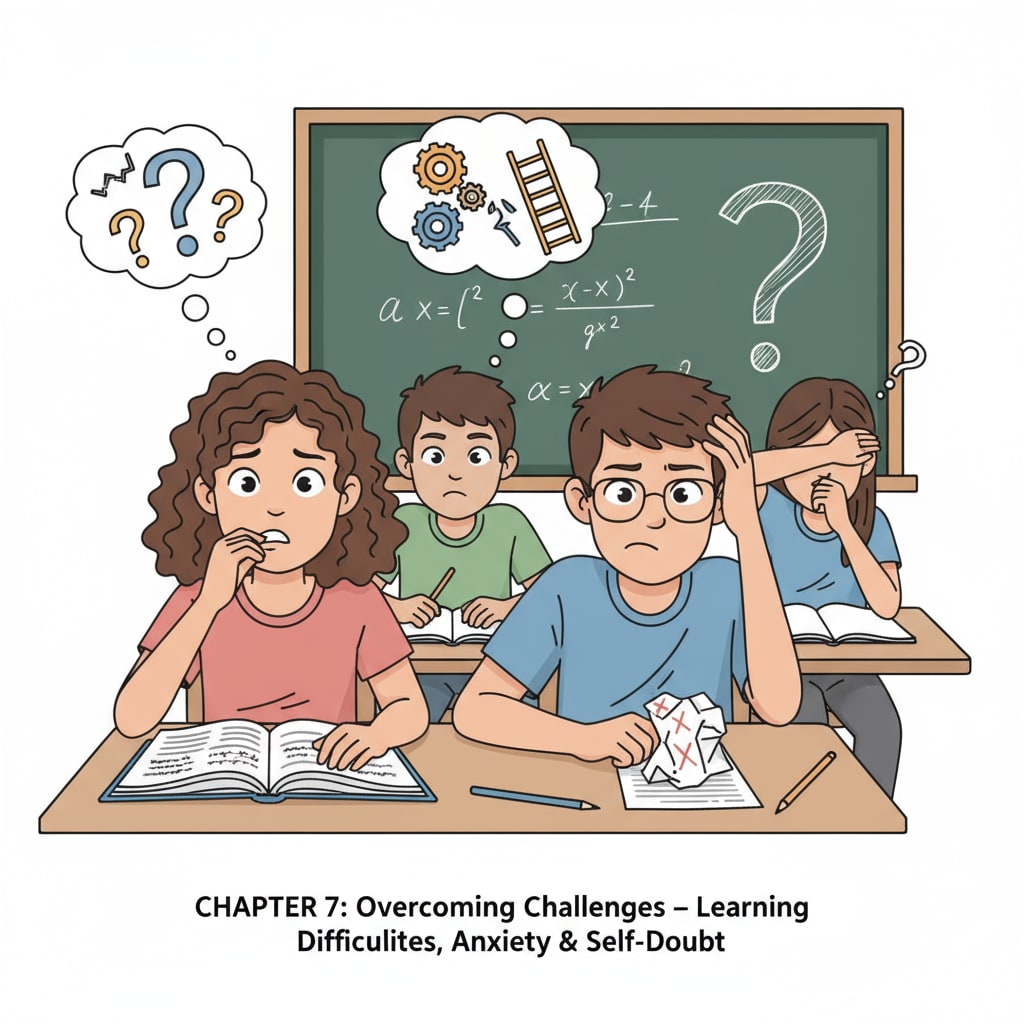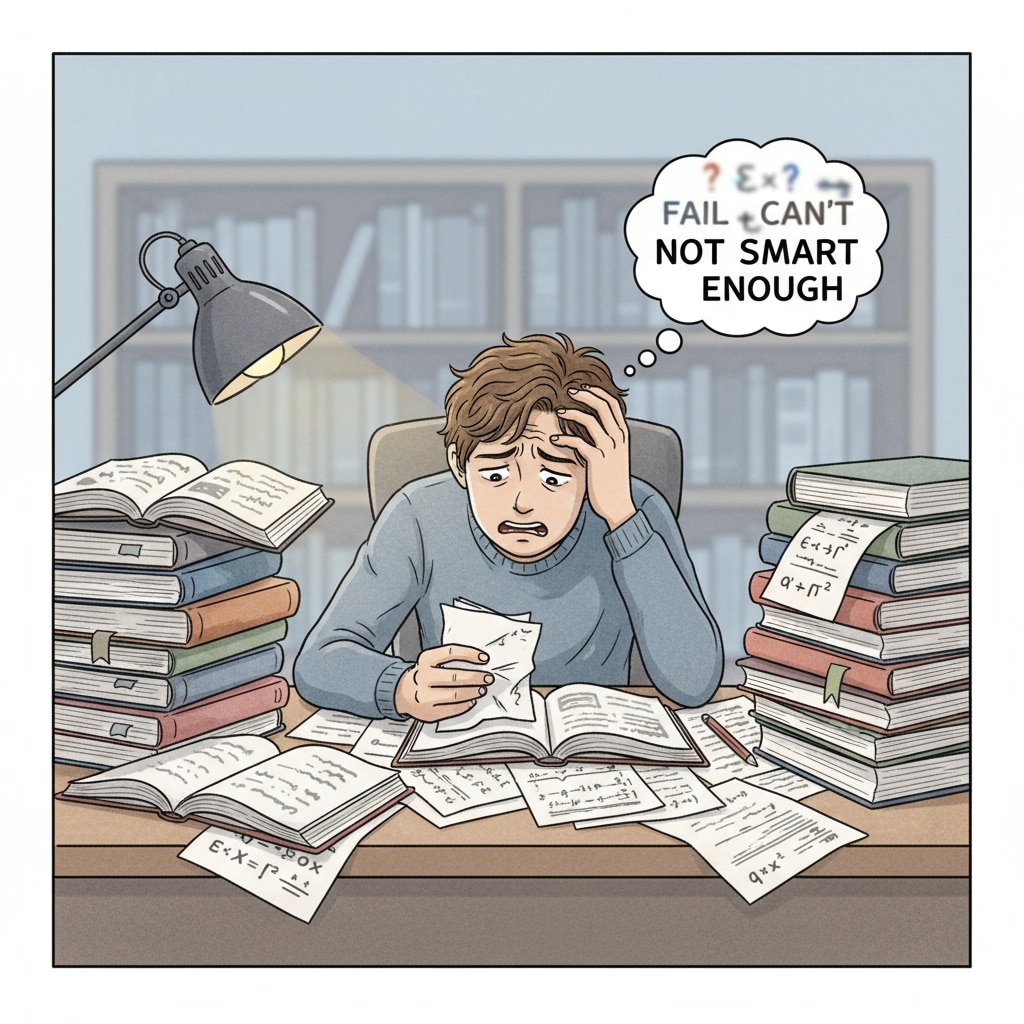Learning difficulties, anxiety, and self-doubt are common challenges that teenagers encounter during their learning journey. These issues can significantly impact their academic performance and overall well-being. For example, a student may experience anxiety before an exam, leading to self-doubt about their knowledge and abilities. This can then result in learning difficulties.

The Impact of Negative Thinking
Negative thinking often accompanies learning difficulties, anxiety, and self-doubt. When teenagers constantly have negative thoughts about their learning, such as “I’m not good at this subject,” it can create a self-fulfilling prophecy. According to Self-fulfilling prophecy on Wikipedia, these negative beliefs can limit their efforts and prevent them from reaching their full potential. As a result, their performance may decline further.

Anxiety and Its Effects on Learning
Anxiety is another major factor. High levels of anxiety can make it difficult for teenagers to concentrate in class or while studying. For instance, test anxiety can cause a student’s mind to go blank during an exam. As stated on Anxiety disorder on Britannica, anxiety disrupts the normal cognitive processes, making it hard to absorb and retain information. This directly contributes to learning difficulties.
To help teenagers overcome these issues, several strategies can be employed. First, they need to recognize and challenge their negative thoughts. By replacing negative self-talk with positive affirmations, they can start to rebuild their confidence. Second, relaxation techniques like deep breathing and meditation can help reduce anxiety. These simple practices can calm the mind and improve focus. In addition, setting realistic goals and breaking tasks into smaller, manageable steps can make learning seem less overwhelming. This way, teenagers can gradually regain control over their learning and overcome the psychological barriers of learning difficulties, anxiety, and self-doubt.
Readability guidance: The article uses short paragraphs to present ideas clearly. Lists can be further used to summarize key points. Passive voice is minimized, and transition words are added to enhance the flow of the text.


